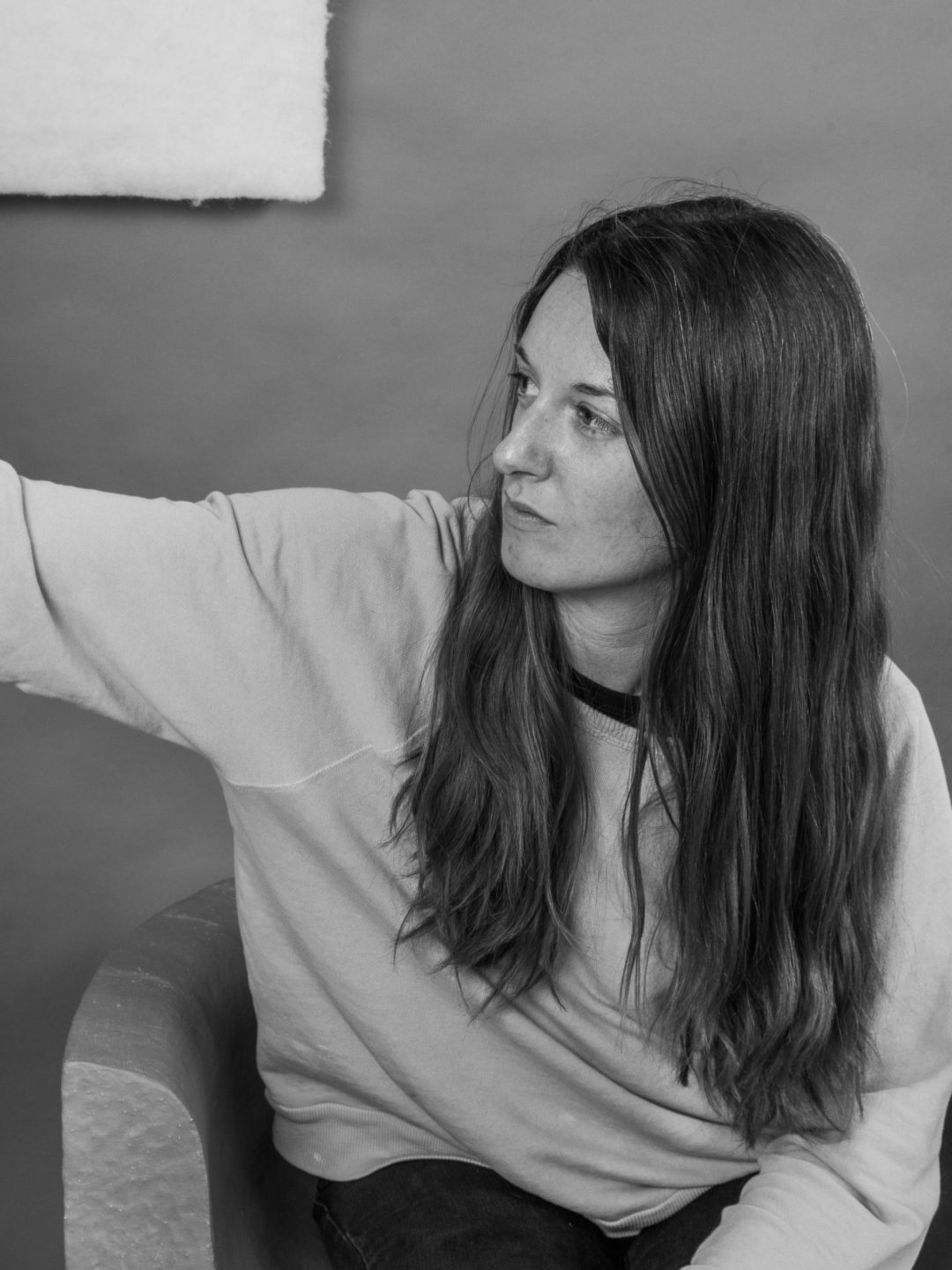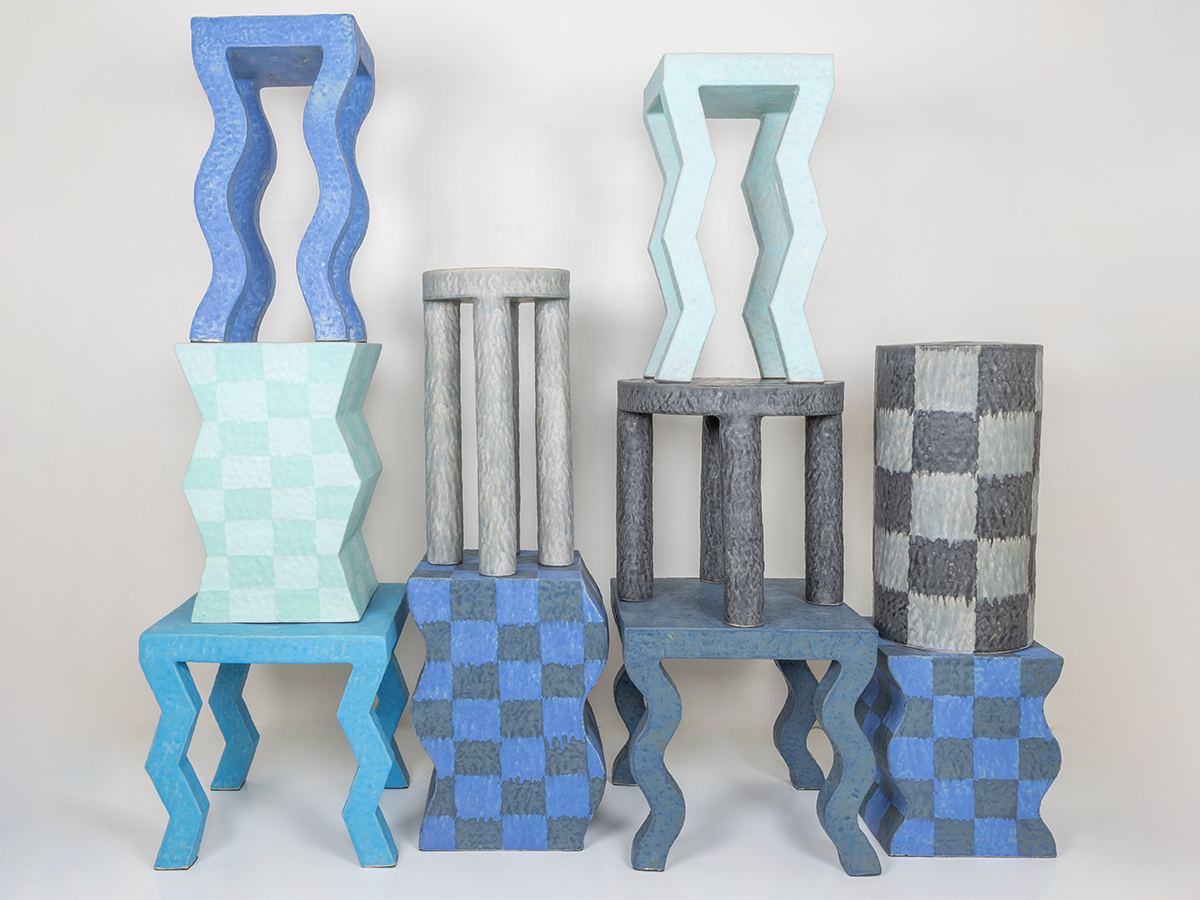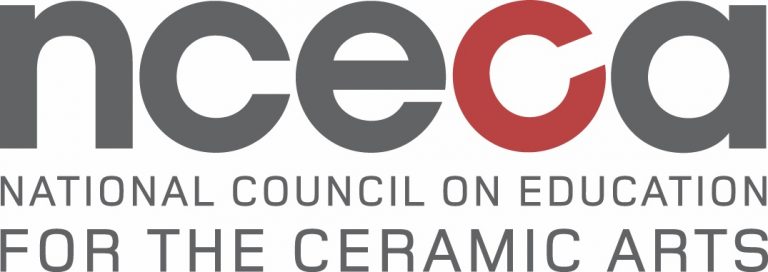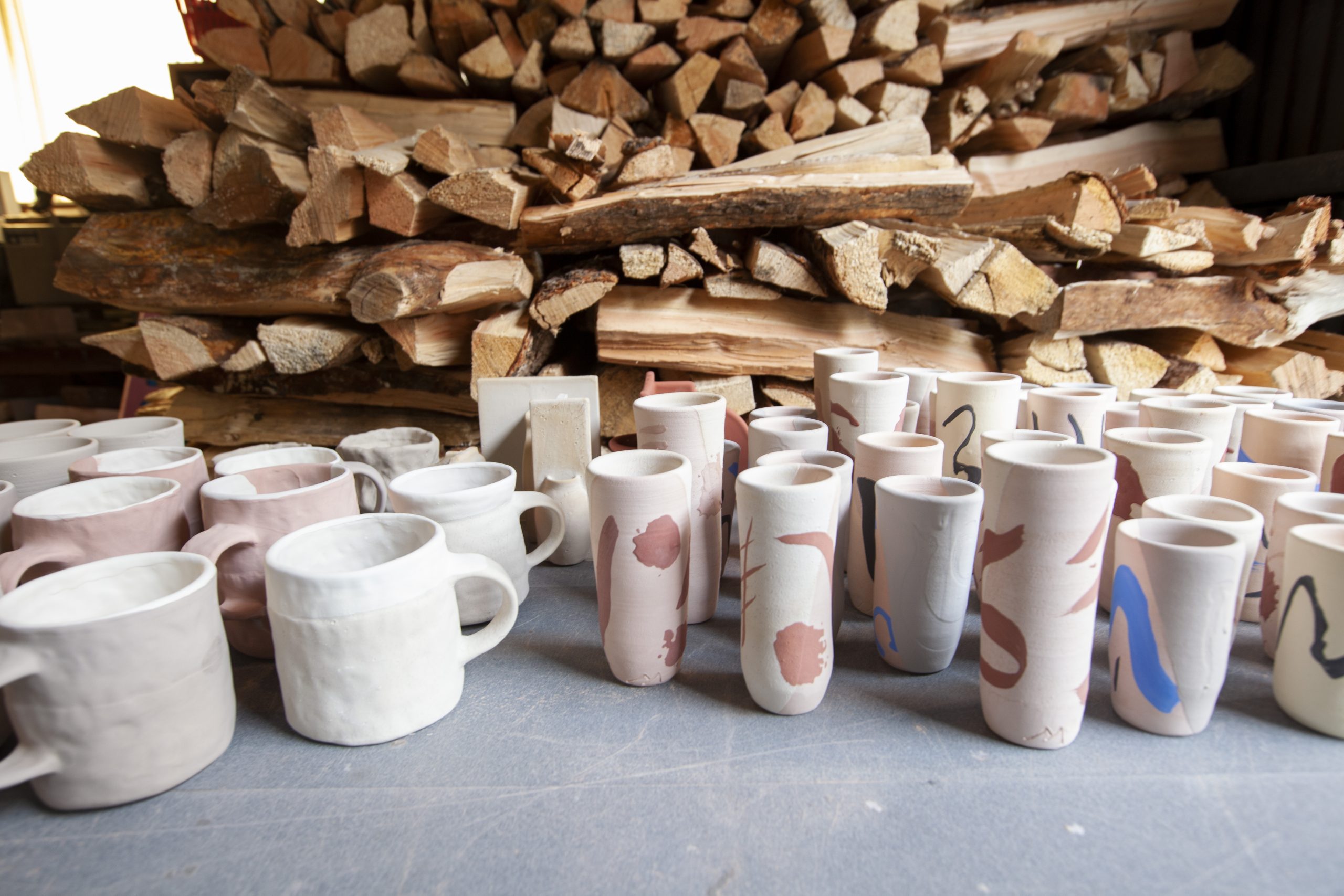Ceramics
Code: C1418-23
-
II
Level II
Students have a basic understanding of forming techniques, such as throwing and hand building. Students have taken one or two ceramics classes or workshops.
-
III
Level III
Students have significant experience with clay forming techniques, such as throwing, hand building and modeling. Students are comfortable with ceramics equipment, such as wheels, extruders and slab rollers. Students are self-starting with some formal training and have taken a minimum of three classes or workshops.
-
IV
Level IV
Students have advanced skills and knowledge of the ceramics field. Students are highly motivated, have a minimum of five years experience in the field and have a portfolio of their artwork. Typical students are academics and professional artists.
Ceramic Furniture and Design
Sep 4 - 15, 2023
9AM-5PM
Concept
Through the designing and building process in this workshop, students conceptualize the objects within the home, discovering the inner complexities and structural components to building large-scale utilitarian pieces. From side tables and stools to lamps and bookshelves, students work through the design process from conception to completion using sketches and maquettes, calculating shrinkage, and exercising patience in the various stages of wet working clay. Students walk away with a better understanding of how and when to implement interior structures, how to combine coil and slab techniques, and the extensive start-to-finish process of working on large-scale utilitarian design objects
Media
Large-scale handbuilding, stoneware, firing to cone 6, electric kiln, gas kiln
Supply ListFaculty

Kelsie Rudolph
Kelsie Rudolph received her MFA from Montana State University and a BFA from the University of Wisconsin, Stevens Point. She has exhibited nationally and internationally and has completed residencies at the Archie Bray Foundation, Anderson Ranch Arts Center, Tainan National University of the Arts, Red Lodge Clay Center, and at the China Academy of Art in Hangzhou, China. She is currently a long-term resident at the Archie Bray Foundation in Helena, MT.

Kelsie Rudolf, Table Stack
Join Waitlist for Ceramic Furniture and Design
Thank you for your interest in the waitlist. When space in a workshop or program becomes available, registration will open on the website. Everyone on the waitlist will be emailed to alert them of the opening. This ensures that everyone has an equal opportunity to register for the workshop or program.
Ceramics
In 1966, American raku ceramicist Paul Soldner selected the site for what is now Anderson Ranch Arts Center, forming the foundation for a thriving ceramics program. Then and now, Anderson Ranch is a place where students exchange ideas and examine ceramic art and pottery-making techniques. It has always been a place where seminal moments of growth happen in an artist’s creative and critical thinking. Here, both beginning and emerging artists gain strong fundamental support, while established artists achieve new perspectives and advance their techniques.
The Ranch Ceramics team provides support, feedback and technical problem solving, giving each artist the freedom to experiment and grow. Our primary focus is on personal advancement through a process of creative discovery. We also offer community engagement through events like our Locals’ Clubs “Circle of Fire” where artists engage with the Ranch outside of the workshop setting.
The Soldner Ceramics Center makes up more than 10,000 square feet in three buildings. The Lyeth/Lyon kiln building is equipped with gas, electric, soda and wood kilns for both oxidation and reduction firings at all temperature ranges. The Ranch offers three wood kilns, four gas reduction kilns, one soda kiln and eleven high-temperature electric kilns.

Anderson Ranch is happy to extend a 20% tuition discount* in summer one- or two-week adult workshops for NCECA members. Please register online and then email [email protected] with your membership information and we will make the adjustment once you are in the system. You are also welcome to call 970-924-5089 to register. *Please note that the NCECA discount does not apply to The Center / Advanced Mentored Studies program, nor can it be combined with any other discount, scholarship or special offer.
Workshop Details
Supply List
Many of the items you'll need are available in the ArtWorks Store. Please click "View Full Supply List" to see a comprehensive list of items you'll need for this workshop.
Lodging & Meals
Housing is limited and includes shared and private lodging options. Reservations will be managed on a first-come, first-served basis. The earlier you reserve housing, the better your chance of receiving your preferred option. Please note: Workshop costs do not include accommodations.
We have established a Business Safety Plan with added layers of precaution that prioritize the health and safety of our staff, students, faculty and guests while continuing to provide you with the Anderson Ranch experience that you know and enjoy.
The Ranch Café meal plan that is included with Room and Board fees strives to provide healthy, creative meals that will nourish your artistic creativity. The meal plan includes 5 days of continental breakfasts that will include a hot offering, 5 lunches with a selection of offerings, and 5 dinners.

Scholarships, College Credit & Discounts
Making Art Accessible
Applications for scholarship support are encouraged. Specific scholarships are funded by Ranch supporters, either through endowed funds or special gifts.
Many colleges and universities offer college credit for workshops taken at Anderson Ranch. Discounts are available for students and teachers.
You Might Also Be Interested In

-
I
Level I
Students are new to ceramics and have no formal training.
Jul 29 - Aug 2, 2024
9AM - 5PM
Beginning Adult Wheel: Back to Basics
Joanne Seongweon Lee
Tuition $1,200
Code C0911-24
This beginner’s workshop is designed for students who have never touched clay before or want to improve their basic skills in throwing. Students start with centering the clay and work their way to the creation of forms—cylinders, bowls, and vases. This workshop focuses on wheel-throwing, though participants are able to bisque fire their work and experiment with underglaze, slip, and maiolica decoration.

-
II
Level II
Students have a basic understanding of forming techniques, such as throwing and hand building. Students have taken one or two ceramics classes or workshops.
-
III
Level III
Students have significant experience with clay forming techniques, such as throwing, hand building and modeling. Students are comfortable with ceramics equipment, such as wheels, extruders and slab rollers. Students are self-starting with some formal training and have taken a minimum of three classes or workshops.
Jul 29 - Aug 9, 2024
9AM - 5PM
Rerecorded Bodies
Jinsik Yoo
Tuition $1,450
Code C0912-24
This workshop centers on the human form as a powerful expressive motif in ceramic sculpture. Combining craft and emotional effect, Jinsik shares his method of developing 3D sculptural forms from collaged 2D renderings and composite sketches. Participants are encouraged to explore different ways of expressing their ideas through clay in the development of their own personal symbolism and storytelling. Handbuilding, slab-building, surface treatment, and glazing accompany lectures and discussions that investigate how the photographic image can expand the possibilities for making clay sculptures.

-
I
Level I
Students are new to ceramics and have no formal training.
Aug 5 - 16, 2024
9AM - 5PM
Clay, Hand and Machine: Computer-Aided Clay Processes
Audrey An
Tuition $1,450
Code C1014-24
This workshop explores computer-aided clay design and fundamental plaster mold making. Thinking about hand-machine collaboration, the workshop introduces various methods to generate digital models that become clay objects or custom tools that enhance studio practice. Students gain basic proficiency in Rhinoceros 3D and learn how to use handheld scanners to create and modify forms in Blender 3D. Digital designs can become paper stencils for slab building, cast from plastic 3D prints, or directly printed in clay using the 3D PotterBot.












